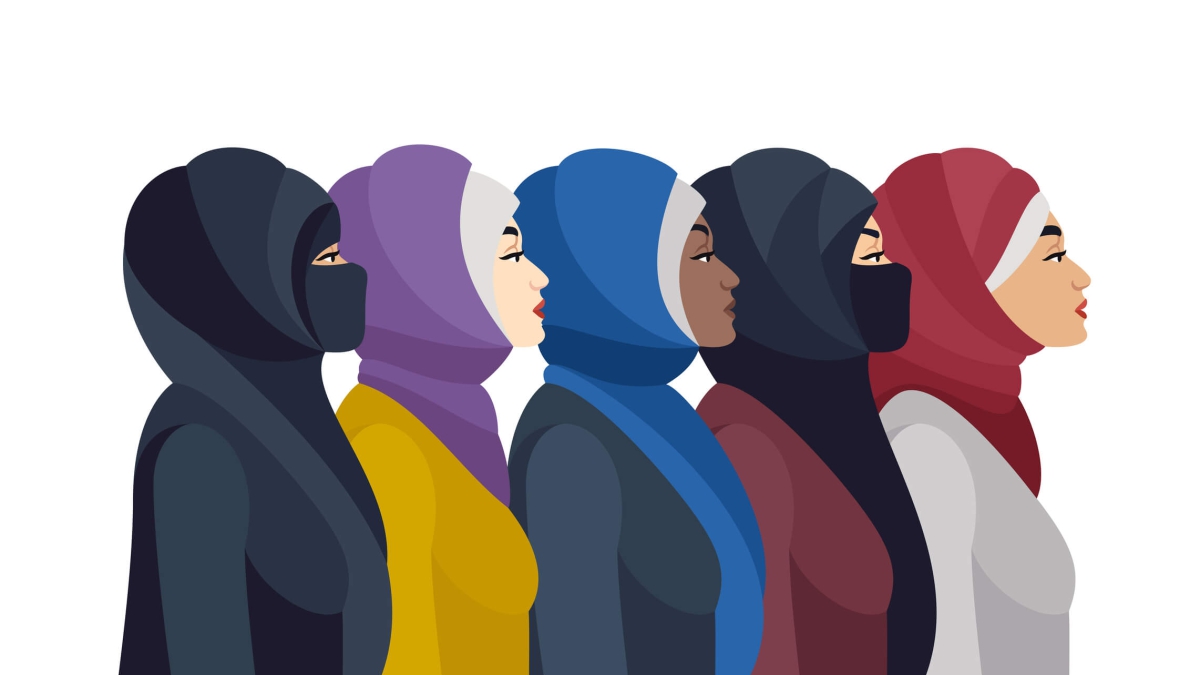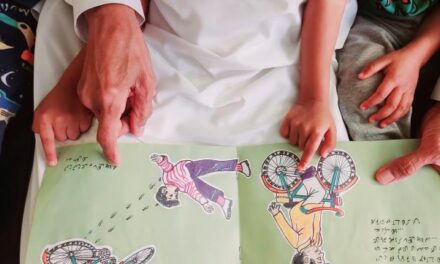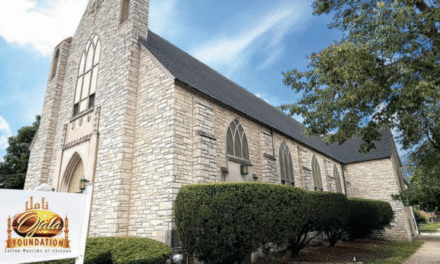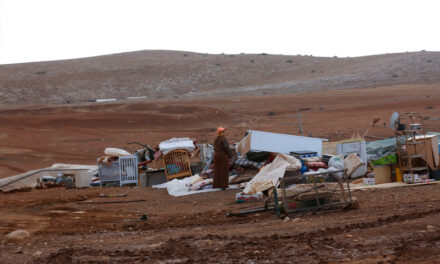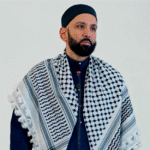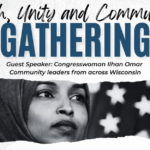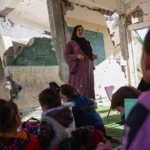While today we discuss the importance of Muslim women achieving financial independence to give back to their communities, we must remember that we come from a legacy of powerful female philanthropists who shaped the very foundations of Islamic civilization.
Consider Khadija bint Khuwaylid (RA), the first wife of Prophet Muhammad ﷺ, who used her substantial wealth to fund the early Islamic movement.
As a successful businesswoman, she didn’t simply accumulate wealth – she deployed it strategically to support the nascent Muslim community, providing resources for those who were persecuted and cut off from their families after accepting Islam.
This tradition continued with Fatima bint Muhammad (RA), who despite living modestly, consistently gave to the ahl al-suffa – the poor companions who dedicated themselves to learning and preserving Islamic knowledge.
Her regular acts of charity, though often small in scale, had lasting impact on the preservation of Islamic scholarship.
The historical record is filled with such examples. Rufayda al-Aslamiya (RA) established the first field hospital in Islamic history, using her personal wealth to provide free medical care.
The two Zaynabs – Zaynab bint Khuzayma (RA), known as the “Mother of the Poor,” and Zaynab bint Jahsh (RA), called the “Longest Hand” for her exceptional generosity – set standards for charitable giving that defined early Muslim society.
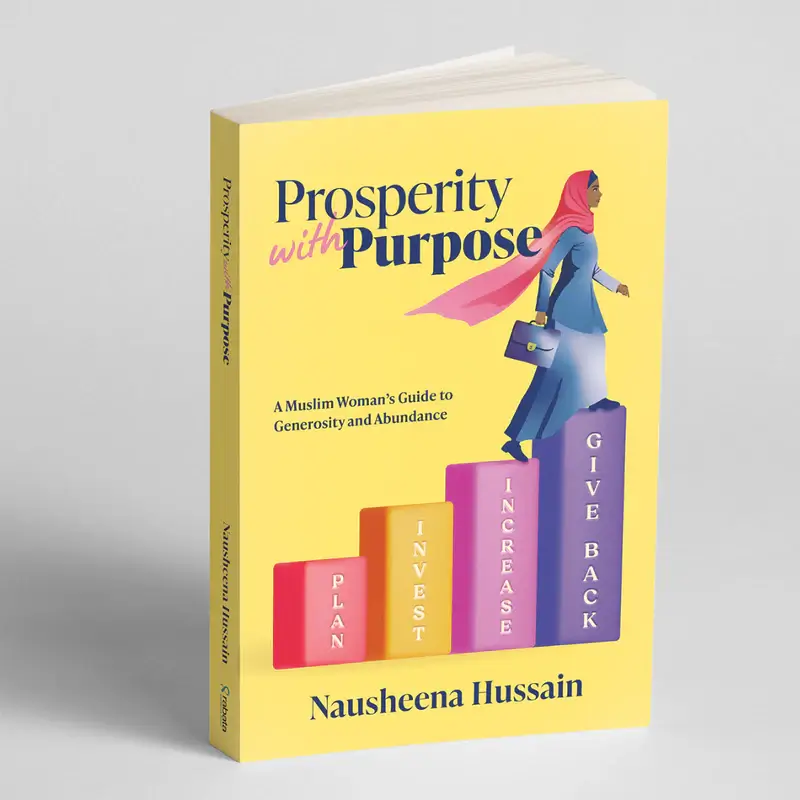
PRESALE: Prosperity with Purpose: A Muslim Woman’s Guide to Generosity and Abundance
Click here to buy the book.
This philanthropic spirit extended well beyond the Prophet’s ﷺ time. During the Ottoman era, over 1,400 awqaf (charitable endowments) were established by Muslim women.
The Süleymaniye Complex in Istanbul and the Muhammad Ali Benevolent Society in Egypt stand as testaments to women’s role in creating sustainable charitable institutions.
Even today, this legacy continues through women like Johanna Osman, who established Sakan Community Resource to provide interest-free loans for housing, and Naheed Murad, whose organization ZACAH assists refugees and domestic violence survivors.
These modern philanthropists carry forward a tradition of using wealth and influence to address pressing social needs.
The history of Muslim women’s philanthropy teaches us that generosity isn’t just about having wealth – it’s about deploying resources strategically to create lasting positive change.
As we work to empower the next generation of Muslim women philanthropists, we would do well to remember and draw inspiration from this rich legacy of feminine generosity that has shaped our community for over fourteen centuries.
